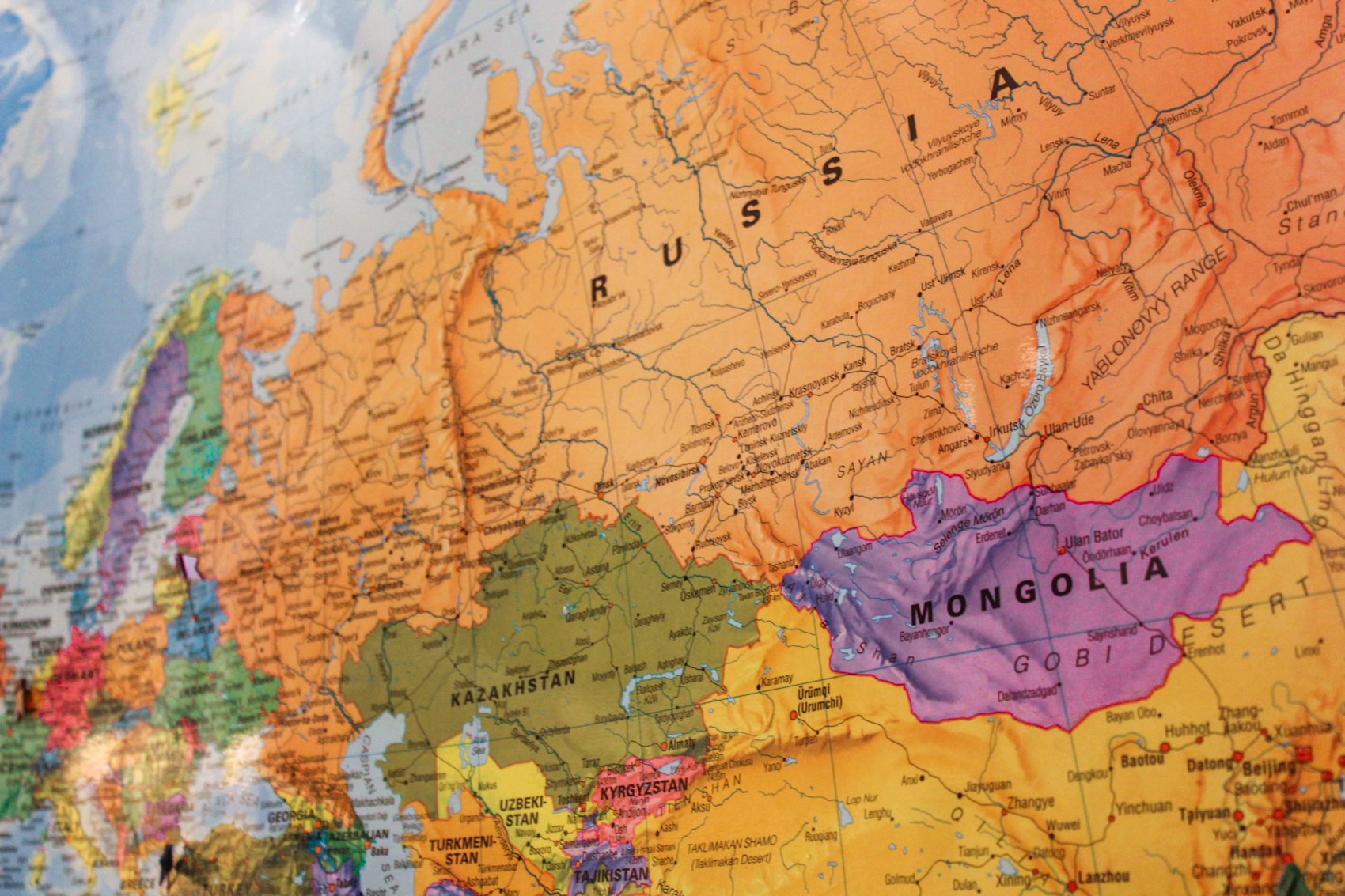We take the risks seriously and we make sure that things turn out right. That is the message from universities on collaborative research with countries that are not free.
(Photo: Dalia Madi)
The universities stated this message to the House of Representatives at a round-table meeting on this subject.
Researchers often work with colleagues from across the world. This is not a problem if it relates, say, to the diet of prehistoric humans, but what if the areas of knowledge are more sensitive, such as cyber security, DNA research or nuclear energy?
This week the House of Representatives is talking to various parties about ‘knowledge security’ and the collaboration with countries that are not free. The Association of Universities in the Netherlands (VSNU) is one of those parties. This summer it wrote (Dutch only) a well researched ‘Framework for knowledge security at universities’.
Not blind
In that document the universities set out their guiding principle: they aspire continuously to “improve, strengthen and enrich” their international orientation, they say. That leads to top-quality research and solutions for a better world.
But they show that they are not blind to the dangers. There are security risks (nuclear knowledge, cyber security), economic risks (leakage of lucrative knowledge), scientific risks (censure and influencing) and ethical risks (knowledge that is used wrongly).
‘Make the whistle-blower regulation better known’
On the other hand, a “rigid, one-dimensional approach to knowledge security” by the government is a risk too, say the universities. They fear a “protracted, bureaucratic or non-transparent process” that damages their competitive position and demotivates scientists. They can even be held financially liable if they pull the plug prematurely on an international research consortium, they warn.
Sensitive decisions
The solution: a tighter knowledge security policy is fine, but the government should make use of “the maturity of existing processes”. In other words, the universities are well up to the task of making sensitive decisions themselves. The government should restrict itself to identifying risky countries, companies and study programmes, setting up an advice and information point and delineating the role of intelligence agencies in screening projects, organisations, persons, etc.
The VSNU has elaborated all of this in schedules on risk management, with impact areas, stakeholders and responsible parties. The message is loud and clear: don’t worry, we have got it under control. The universities are getting consultancy teams for knowledge security and they will be conducting awareness-raising campaigns. The aim is to make the whistleblower regulation better known and the existing risk management is being tightened.
Arm’s length
Some universities have long since organised this, says the VSNU, others have not yet set the process up. But the line is clear: politicians, please keep at arm’s length.
- Also read: TU Delft Rector: ‘We do not always have an answer to what we can and cannot do with China’
Given the benefits of internationalisation and the strong belief of politicians in the ‘autonomy’ of higher education, it is reasonably likely that the larger parties in the House of Representatives are sensitive to this argument.
It is not yet clear what this will mean in terms of collaboration with countries such as China and Russia where the freedom of scientists is not self-evident. It emerged recently that researchers at Erasmus University had carried out dubious DNA research in collaboration with Chinese colleagues. In March, Delta revealed how TU Delft researchers unintentionally help the Chinese army.
It is with good reason that the universities take this topic so seriously. For some time now, the government has been looking with suspicion at collaborative research with countries that are not free. If the universities do not take it seriously, it is only a matter of time before the politicians put a stop to it.
HOP, Bas Belleman
Translation: Taalcentrum-VU
Do you have a question or comment about this article?
redactie@hogeronderwijspersbureau.nl


Comments are closed.